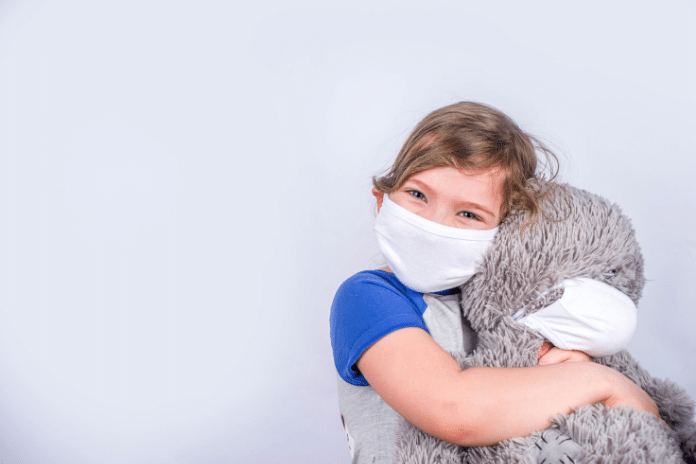The COVID19 pandemic has changed the world as we know it, especially for children and teenagers who were pulled out of school and kept away from their friends and extended family for a long period of time. While COVID19 has had an impact on most people’s mental and emotional health in some way or another, kids and teens have often been the most affected. Despite being the lowest risk group in terms of the physical dangers of catching the novel coronavirus, young people and children have suffered in many different ways as a result of the COVID19 crisis. Post-pandemic, experts are saying that it might take years for some kids to recover from the events of the past eighteen months. Here’s how parents and other professionals can help.
How COVID19 Has Impacted Young People’s Mental Health:
Children and teenagers are at a crucial point in their development as humans, and for many young people, the COVID19 pandemic has seriously disrupted this, having a significant impact on the mental health and wellbeing of many young individuals. Some might be dealing with the death or serious illness of a loved one as a result of the pandemic while others might be suffering from heightened anxiety and feeling worried about going out and returning to life as normal post-pandemic. Some kids might be feeling depressed after missing out on experiences and opportunities. Around the world, over half of people have reported their mental health being negatively impacted by the crisis, including kids and teens who make up a large percentage of these people.
Therapy for Kids and Teens:
Speaking to a therapist might be the best option for children and teenagers who have been negatively impacted as a result of the COVID19 pandemic. A good therapist who is trained to work with young people can help teens make sense of the experience that they have had and overcome any challenges and issues that they have had to deal with as a result of losing loved ones to their social lives suffering. Therapy can be useful for helping children and young people learn healthier coping mechanisms, make sense of how they are feeling, and for giving them a safe space to open up and express their feelings.
How Schools Can Help:
Schools are undoubtedly going to play a crucial part in the recovery of kids and teenagers from the mental health impact of the COVID19 pandemic. Teachers in particular are going to play an important role in helping children get back into a normal routine and build their social skills back up after eighteen months of doing things differently. For some kids and teens, falling behind with their education due to schooling at home might be a major concern, especially for teenagers who are in the process of working towards applying to college, and teachers and school counselors will need to play a huge role in encouragement and providing additional support when needed.
What You Can Do:
Even if you don’t have kids of your own, there are several things that you can do to help the younger generation recover from this collective trauma and minimize the impact that it is set to have on their future. If you are a parent, you can help by supporting and listening to your own children and understanding the struggles and concerns that they have had as a result of the pandemic – even if they don’t seem that much of a big deal to you.
Other ways to help include considering a career in an area where you will be able to play a significant role in helping these children and working directly with them to offer the support that they need. You may want to consider a masters in school counseling online from Sant Bonaventure University and begin a career in school counseling where you are in a prime position to help. Other career options include social worker, teacher, mental health counselor, and nurses, all of whom are set to play a crucial role in helping children and teens bounce back after the COVID19 pandemic.
COVID19 hasn’t just been a pandemic involving a respiratory disease. For many, it has felt like a pandemic of mental health problems, with kids and teenagers disproportionately represented due to the huge disruptions to their lives and development that have occurred as a result. As we begin to recover from the COVID19 pandemic and get back to life as normal, experts expect that it’s going to take a while – and professional help and support – for many children and young people to recover from their experiences during the pandemic.
